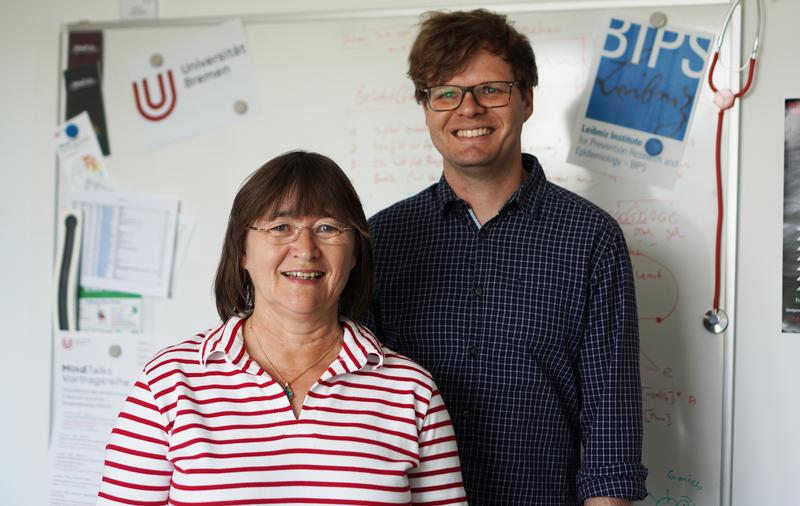Institute News

As part of a strategic funding initiative on artificial intelligence (AI), the Deutsche Forschungsgemeinschaft [German Research Foundation – DFG] is establishing eight new research groups. One of them is coming to Bremen – the research group “Lifespan AI: From Longitudinal Data to Lifespan Inference in Health” headed by Professor Tanja Schultz from the University of Bremen and Professor Marvin N. Wright from the Leibniz Institute for Prevention Research and Epidemiology – BIPS.
The AI research groups aim to closely integrate AI methods with research fields that use these approaches for interdisciplinary themes. Thus, the integration of AI into basic research and the scientific research of AI itself go hand in hand. The new research group called FOR 5347 Lifespan AI will initially receive funding of more than four million euros for four years.
In Lifespan AI, sensitive data is used in compliance with ethical and privacy conditions to drive machine learning (ML) and deep learning (DL) models. The aim is to gain causal insights to uncover the causes of complex diseases and optimize prevention strategies.
The research group is based on the long-standing institutional research cooperation between the University of Bremen and BIPS. It is supported by ten applicants from these two institutions, who together cover the central disciplines. One of them is Horst Hahn, Professor of Medical Imaging & AI at the University of Bremen and Director of Fraunhofer MEVIS. The subproject for which he is jointly responsible with Prof. Tanja Schultz aims at the so-called deep integration of long-term health data, so that in the future data-driven models, for example for risk assessment and prediction, can be developed more easily, even across studies.
 Fraunhofer Institute for Digital Medicine MEVIS
Fraunhofer Institute for Digital Medicine MEVIS